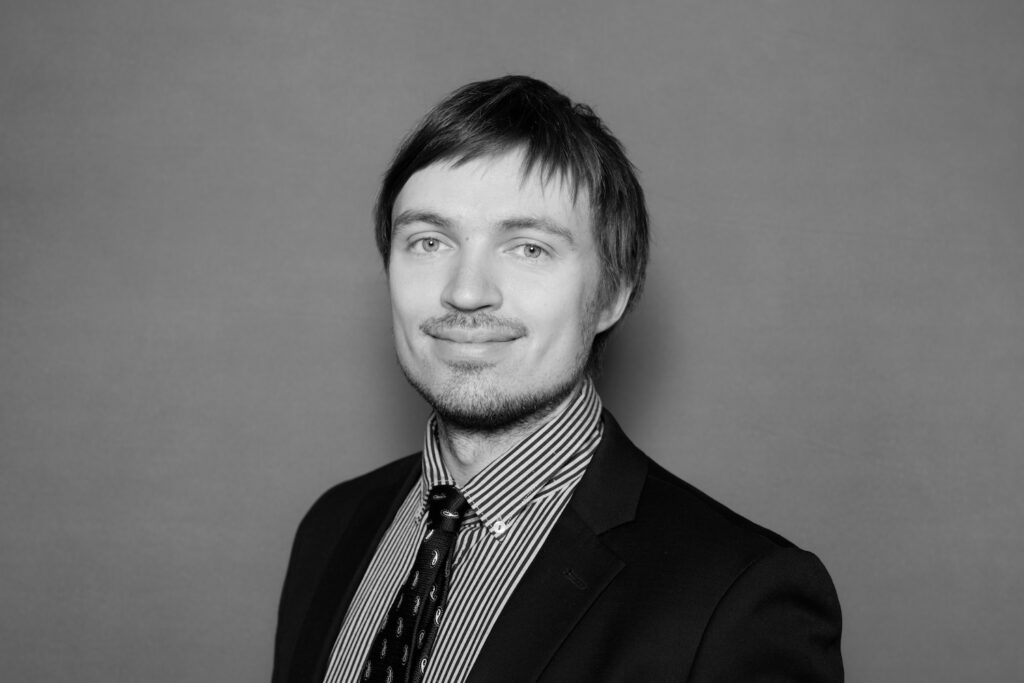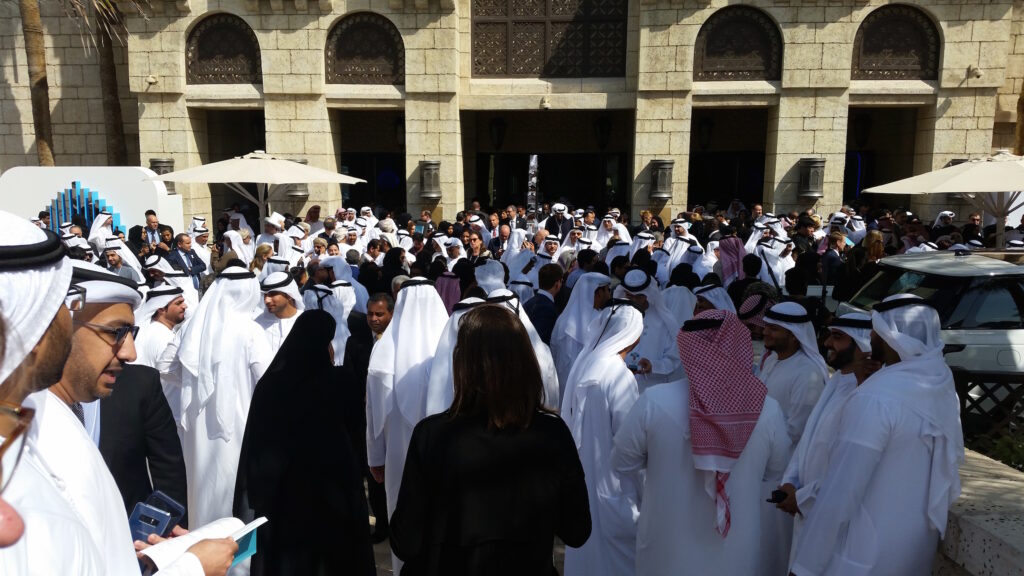Commentary
What can workplaces learn from early childhood education about learning? 5 tips from Finnish kindergarten teacher
In the report about the future of work for the Finnish Prime Minister’s office, we noticed that the most essential skill in the work life of the future is learning. It might even go further – work will become learning.
Read MoreFrom Measuring Research Impact to Maximising It
The way in which science and the rest of society interact with each other significantly moulds which direction our society progresses in. Once research funding better understands the non-linear nature of the social impact of research, this interaction can be greatly improved.
Read MoreHot Summer of Research and Innovation Policy – What’s Cooking in Brussels
Demos Helsinki travelled to Brussels in May to find out what are the current science policy trends and discussions related to universities’ role in the society. Here are our four picks on the discussions research institutions and science enthusiasts should follow. 1. What will the European moonshots be? The science…
Read MoreOne planet fits all? Sustainable innovations and urban transformations at #IST2018
Did you know that the atom was split for the first time in Manchester? The IST 2018 Conference reminds us of a long legacy in innovation culture that is to thank (or blame) for a great array of things from the submarine to modern vegetarianism. Even the first programmable computer…
Read MorePublic sector platforms: a promising way forward for societies
Less than 1% of workers are working in digital platforms, so why we talk so much about them? Because platforms illustrate the democratising impact of the change of work to the society and show the way forward towards a more inclusive, efficient society. Indeed, the discussion surrounding skills and…
Read MoreFight against corruption starts from communities, not from best practices
This week I took part in event in Berlin. The event was about conceptualizing a new operational model for a Norwegian anti-corruption lab U4. Something very interesting seems to be cooking in the field of anti-corruption. Anti-corruption field is struggling, as research shows that despite efforts, global corruption has not considerably…
Read MoreThe fall of the platform business model
The end of platforms as we have known them seems to be around the corner. This blog is the third (and last) chapter in our blog series “Rise and fall of the platform business”.
Read MoreFour reasons why competitive advantage from data is disappearing
The end of platforms as we have known them seems to be around the corner. This blog is the second chapter in our blog series “Rise and fall of the platform business”.
Read MoreThe secret ingredient of the first generation platform business
The end of platforms as we have known them seems to be around the corner. This blog is the first chapter in our blog series “Rise and fall of the platform business”.
Read MoreRise and fall of the platform business
The end of platforms as we have known them seems to be around the corner.
Read MoreCan Africa leapfrog to low-carbon energy era?
Mobile phones allowed Africans to skip the landline stage of development and jump right to the digital age. Today Kenya is the world leader in mobile payments. Are they now leading the way to low-carbon energy era, too? By definition, leapfrogging means “surpass or overtake another to move into a…
Read MoreOnly 4 in 10 citizens trust the government
Eroding trust in governments and the recent struggles of democracies dominated the discussions on the first few days of the World Government Summit 2018. We believe that over the next 5 years the world will witness the mainstreaming of several new ways of enabling inclusion, engagement and participation between people…
Read More

